Ocugent Eye Drop
₹14.85*
MRP ₹16.5
10% off
₹14.02*
MRP ₹16.5
15% CB
₹2.48 cashback(15%)
Free Delivery
With Circle membership
(Inclusive of all Taxes)
This offer price is valid on orders above ₹800. Apply coupon PHARMA10/PHARMA18 (excluding restricted items)
Know Your Delivery Time
Provide Delivery Location

Available Offers
 Prescription drug
Prescription drugWhats That

Secure Payment

India's Most Trusted Pharmacy

Genuine Products
Composition :
Consume Type :
Return Policy :
About Ocugent Eye Drop
Ocugent Eye Drop belongs to a group of medications called ‘Antibiotics and Corticosteroids’ used in the treatment of bacterial eye infections or eye discomfort, especially in patients who have undergone eye surgeries. It also decreases the risk of eye infections such as conjunctivitis (inflammation of the conjunctiva) and other inflammatory conditions of the eye (cornea, iris, and connective tissue) in postoperative patients.
Ocugent Eye Drop contains Gentamicin and Dexamethasone. Gentamicin is an aminoglycoside antibiotic that interferes with the formation of essential proteins required for bacterial growth, which kills the bacteria by preventing its growth. Dexamethasone is a steroid that reduces inflammation and symptoms associated with infection, such as redness and irritation. It works by inhibiting the chemicals, such as prostaglandins, that cause inflammation.
Use this medicine as prescribed by your doctor. The common side-effects of Ocugent Eye Drop are red eyes, eye pain, irritation of the eye, blurred vision, and burning sensation in the eye. Most of these side effects do not require medical attention and will resolve gradually over time. However, you are advised to talk to your doctor if you persistently experience any of these effects.
Do not use Ocugent Eye Drop if you are allergic to any of its contents. Before using Ocugent Eye Drop, inform your doctor if you are diagnosed with any fungal infections, viral infections such as herpes simplex or varicella, or parasitic infections such as amoebiasis. Do not use Ocugent Eye Drop if you have tuberculosis, damaged cornea, ulceration, open lesions with incomplete formation of the covering tissue and increased pressure inside the eye. Ocugent Eye Drop should be used in pregnant, breastfeeding, and elderly persons if suggested by the doctor.
Uses of Ocugent Eye Drop
Directions for Use
Medicinal Benefits
Gentamicin, in Ocugent Eye Drop, is used to treat bacterial infections like conjunctivitis (pinkeye) and blepharitis (inflammation of the oil glands in eyelids) of the eye and the skin around the eyelids. This medicine is also helpful in preventing the infection that may happen after surgery or eye injury. This medicine works by stopping the growth of bacteria. Ocugent Eye Drop also contains Dexamethasone, an anti-inflammatory corticosteroid that reduces swelling, itching, and redness of the eye and thus helps treat inflammation of the eye. Dexamethasone is supposed to control the formation of certain chemicals that cause allergic reactions in the body.
How Ocugent Eye Drop Works
Storage
Side Effects of Ocugent Eye Drop
- Red eyes
- Eye pain
- Blurred vision
- Dry eye
- Excessive watery eyes
- Change in taste
- Inflammation of the cornea of the eye (severe)
What if I have taken an overdose of Ocugent Eye Drop
Drug Warnings
Before using Ocugent Eye Drop, inform your doctor if you have vision problems, severe pain in the eye, glaucoma (raised pressure in the eye), eye injury, or have undergone eye surgery or using any other eye drops or eye ointment. Inform your doctor immediately if you notice swelling or weight gain around the trunk or in the face, as it may be a sign of Cushing’s syndrome (high levels of cortisol in the body). Do not use eye drops for longer than recommended by your doctor, as they may suppress adrenal gland function, increase the risk of cataracts (clouding of the eye), and increase the risk of a secondary infection.
Diet & Lifestyle Advise
- Sleep for at least six to eight hours to rejuvenate your eyes naturally.
- Wash your eyes with clean water at least two to three times a day
- Manage stress, eat healthily, drink plenty of water, exercise regularly, and get plenty of sleep.
- Avoid alcoholic beverages as they can make you dehydrated and affect your sleep. This effect can also affect your body’s ability to fight off infections.
- Reduce screen time (by avoiding watching tv or phone) and use sunglasses while going out into the sunlight.
Habit Forming
Therapeutic Class
Ocugent Eye Drop Substitute

Pyricort Eye/Ear Drops 10 ml
by AYUR
₹3.24per tabletPyricort Eye Drops 5 ml
₹6.48per tabletGlycort Eye/Ear Drops 10 ml
₹2.97per tabletGentakem-D Eye/Ear Drops 10 ml
₹3.78per tabletGencil-DM Eye & Ear Drop 5 ml
₹8.10per tablet
Product Substitutes
Alcohol
Caution
Do not consume alcohol while using Ocugent Eye Drop as it may affect your ability to fight infections.
Pregnancy
Consult your doctor
If you are pregnant, consult your doctor before using this medicine. Your doctor will weigh the benefits and risks before prescribing.
Breast Feeding
Consult your doctor
If you are breastfeeding, consult your doctor before using this medicine. Your doctor will weigh the benefits and risks before prescribing.
Driving
Caution
Ocugent Eye Drop may cause vision problems. So, avoid driving after using this medicine until your vision is clear.
Liver
Safe if prescribed
Ocugent Eye Drop can be used to treat eye infections in liver patients. However, use this medicine only if your doctor prescribes it.
Kidney
Safe if prescribed
Ocugent Eye Drop can be used for treating eye infections in patients with kidney diseases. However, use this medicine only if your doctor prescribes it.
Children
Caution
Ocugent Eye Drop should be used with caution in children. It is not recommended for use in newborns. Use this medicine in children only if prescribed by a doctor.
FAQs
Country of origin
Disclaimer
Author Details
We provide you with authentic, trustworthy and relevant information













